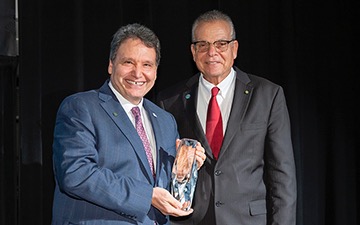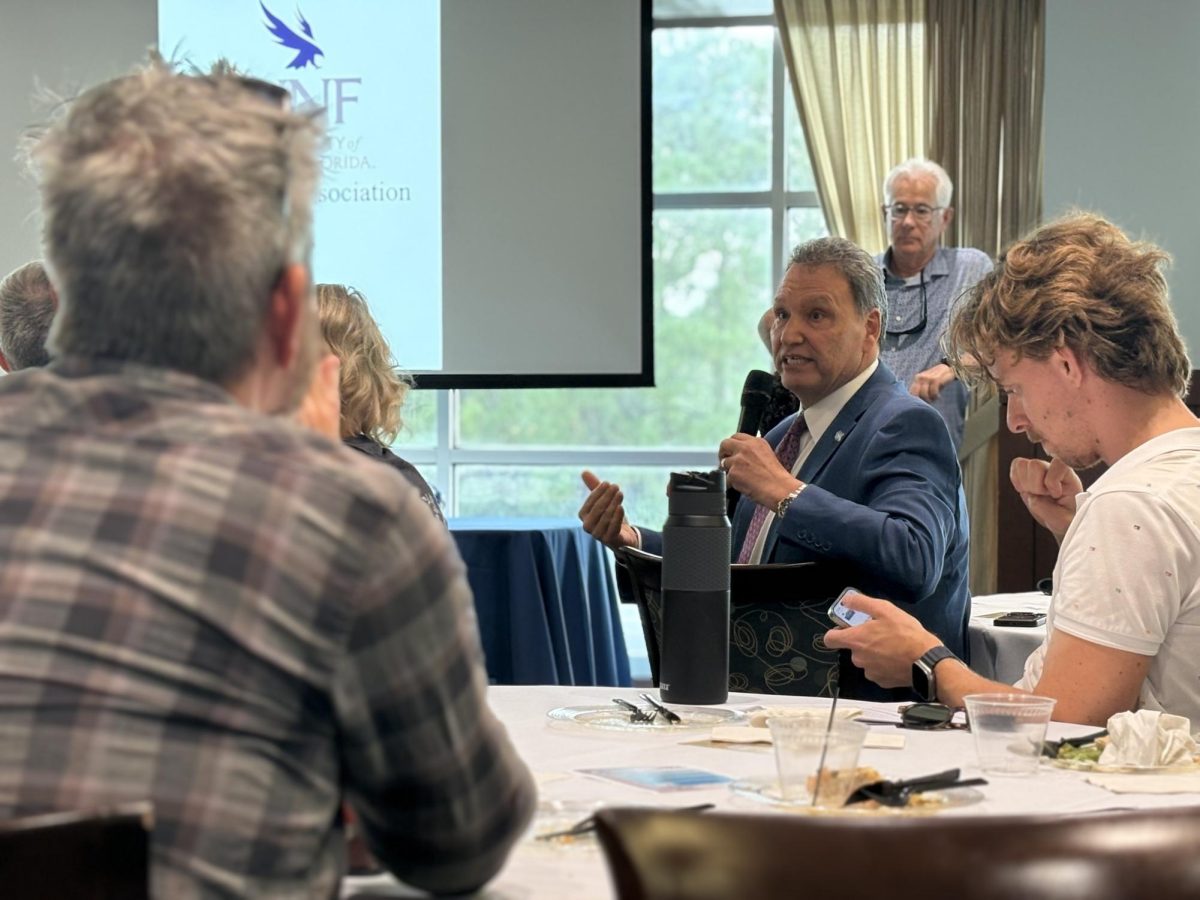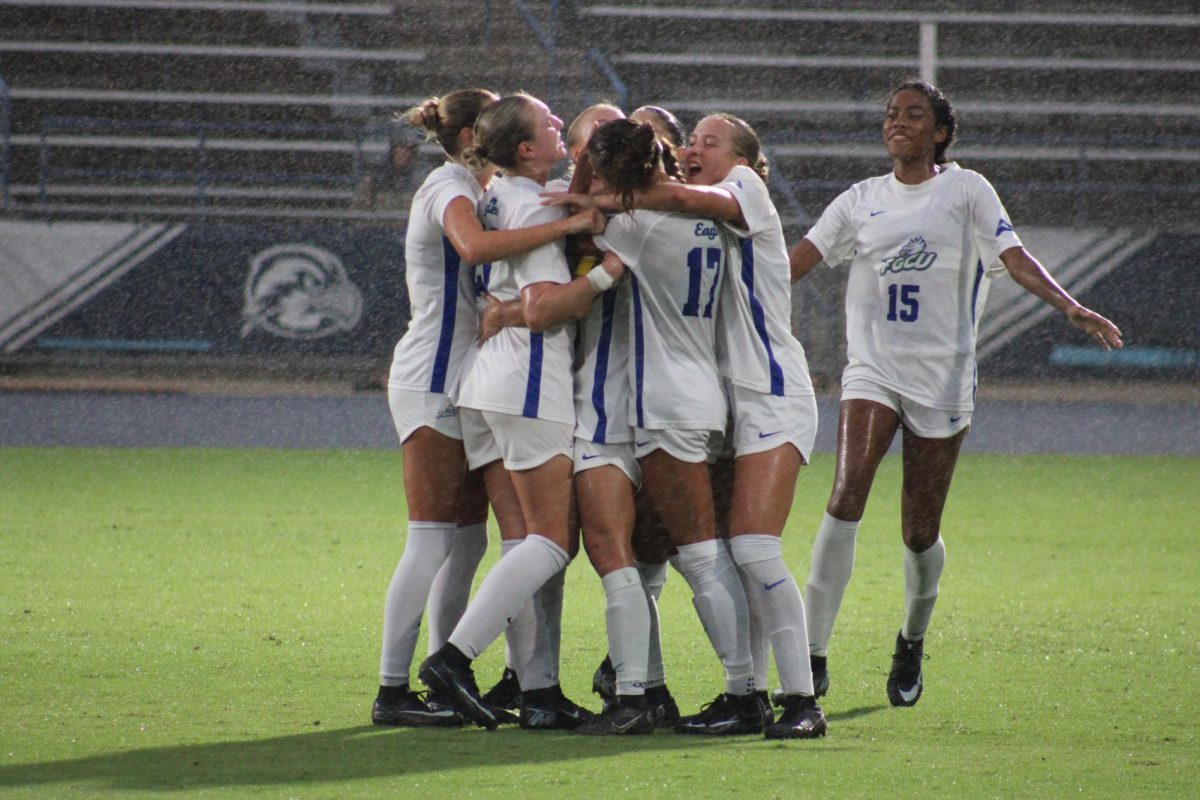The biggest holiday in Islam, Eid Al-Adha, took place last week from Tuesday, July 20 to Thursday, July 22. As COVID-19 lockdown restrictions ease over time, celebrations have been occurring, though on a far smaller scale than before. Muslims in Jacksonville are having to deal with this obstacle while still practicing their faith amidst mentions of new variants of the virus that vaccines are not guaranteed to protect against.
Islam has two major holidays, Eid Al-Fitr, the celebration after Ramadan, the Islamic month of fasting, and Eid Al-Adha, which takes place after the annual pilgrimage, Hajj. The day of Eid Al-Adha, literally translating to “Celebration of the Sacrifice,” has great significance in Islamic tradition. The first is that it signifies the end of Hajj, the pilgrimage done by Muslims to Mecca. The second is that it represents the story present in Judaism, Christianity, and Islam during which Abraham is commanded to sacrifice his son, only for him to be replaced with a ram at the last moment. To Muslims, this story displays ultimate piety and a willingness to give up everything for the sake of god. Muslims sacrifice sheep, goats, cows, and camels in honor of this tradition, after which they distribute the meat to themselves, their friends, families, and the poor. During the three days of Eid, Muslims eat sweets, spend time with family and friends, and decorate their houses in celebration.
In Jacksonville, celebrations have changed due to the pandemic. Last year, when people were restricted from gathering in large groups, many Muslims were unable to perform the Eid prayer, a special prayer done in the morning. This is one of the few times where all the Muslims in Jacksonville gather at once. Oftentimes, this takes place in downtown Jacksonville. The prayer has also taken place at UNF before. This year, the ICNEF mosque held a total of four prayers for Eid Al-Adha as opposed to one, during which participants still wore masks and kept a distance from each other. Usually, Muslims hug those around them, their family, and their friends after the prayer, though this year it was very limited in order to prevent spreading the coronavirus.
After Eid Al-Adha, no major Muslim celebrations will occur until 2022. It’s uncertain if Jacksonville Muslims will be free to gather and celebrate without restrictions next year.
________
For more information or news tips, or if you see an error in this story or have any compliments or concerns, contact editor@unfspinnaker.com.















